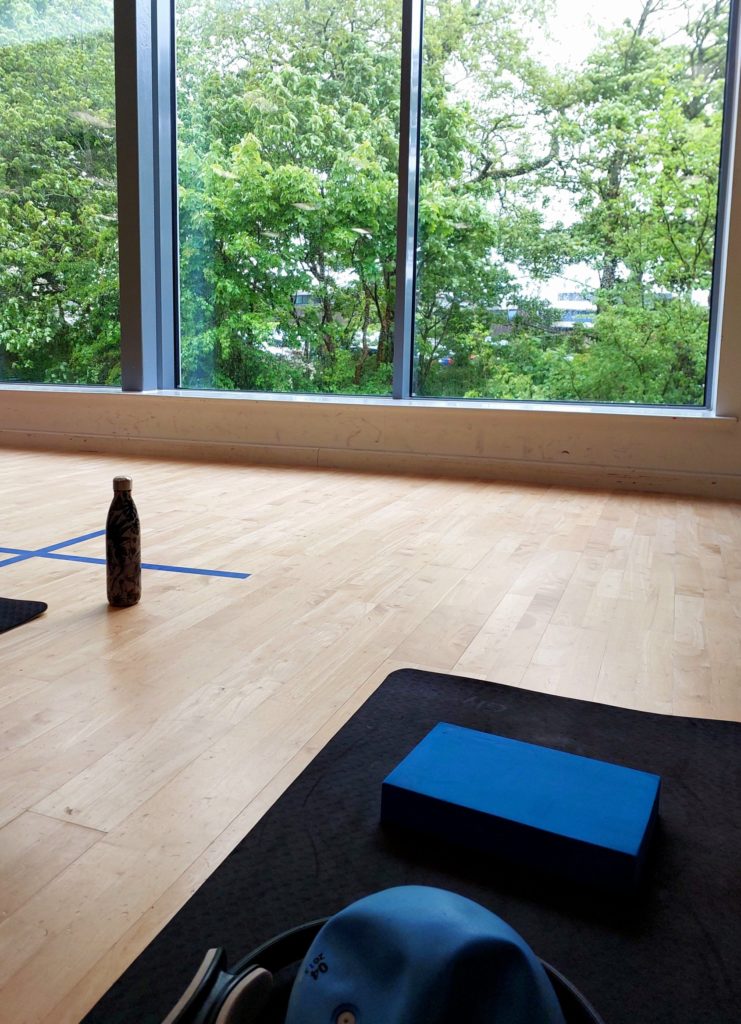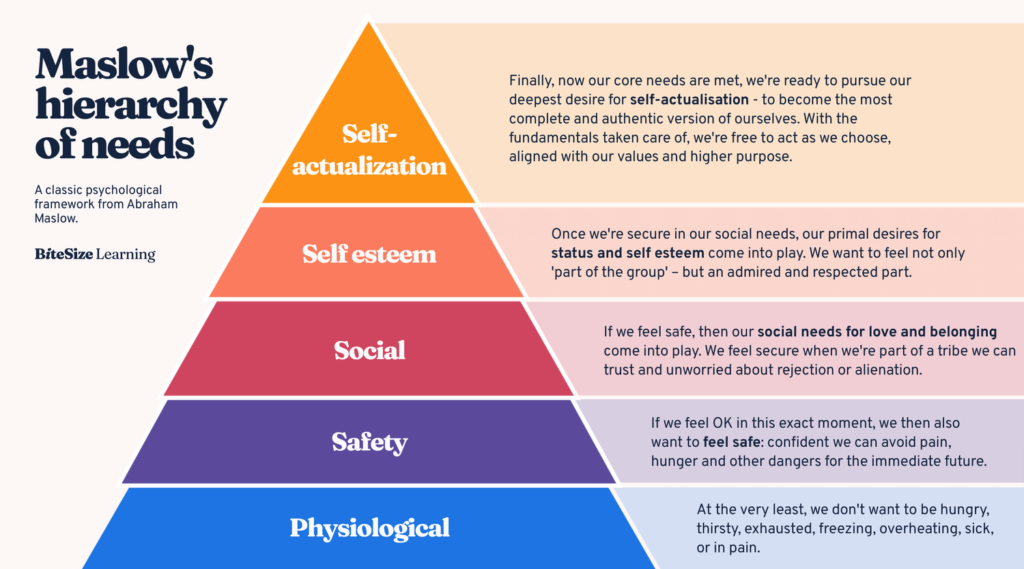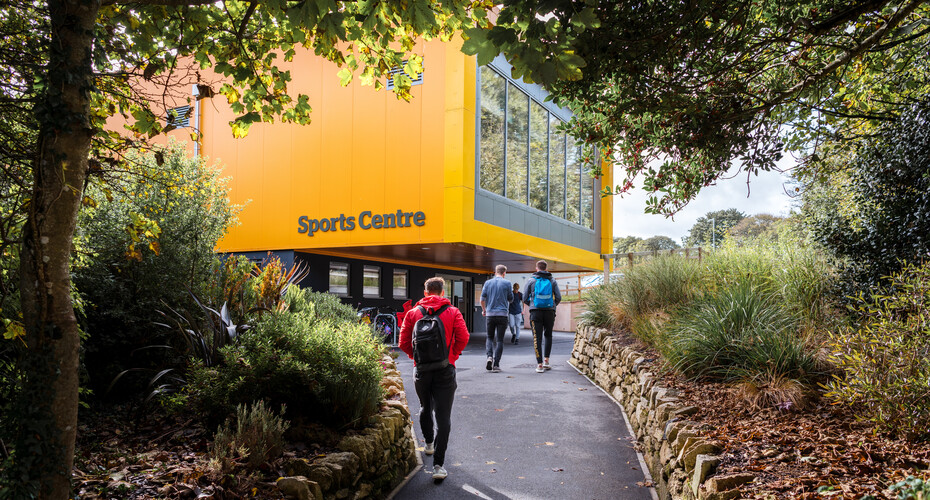Hiya! I’m Gaby, your go-to campus buddy. As your resident tipster on university life, I’m here to talk about the support services that focus on wellbeing and safety. Trust me, getting to know these resources sooner rather than later can really elevate your university experience from good to great!
Now, you might wonder why the focus is on wellbeing and safety. Well, the truth is, being a student isn’t just about academic challenges; it’s about taking care of our physical, mental, and emotional health too. As I write this blog, it is currently Mental Health Awareness Week in the UK. Whether you’re just starting out or gearing up for your final year, I believe this blog will come in handy. The University of Exeter is fantastic at providing a strong support network that helps keep students balanced and safe. So, let’s dive into these services and see how you can make the most of them!

Wellbeing support
First up, the Wellbeing Services at Exeter are a real standout. They’ve got it all – from one-on-one counselling sessions to a bunch of resources like podcasts, workshops, and evening group meetings. You should definitely check out their website. The team there is super approachable and really committed to helping you succeed not just academically, but in all aspects of your health. If things ever get too much, the Wellbeing Centre is the place to go. Plus, they offer a 24/7 support line during term time, so you’re only ever a phone call away from help!
Physical support
Next, let’s look at what our campus Sports Centre has to offer – a fantastic spot to take a break from the intense Uni life. Just an hour or two can really loosen up your muscles and give you a fresh burst of energy. I’ve talked before about how important physical activity is, not just for keeping common colds at bay but also for kicking up those endorphins, your body’s natural mood lifters.
It’s fantastic that our campus has its own Sports Centre with loads of activities. They’ve got memberships that won’t break the bank for us students. Starting out can feel a bit daunting, but once you’re in, having that membership really helps keep you on track. And if you’re not quite ready to dive in full-time, you can always just book a spot for a one-off game of badminton, basketball, or volleyball.

Exciting news alert!!!! Occasionally (like this week for example) the Sports Centre is rolling out a week of free gym classes, from Pilates to high-intensity interval training (HIIT), SpinFit, and more. It’s the perfect chance to try out something new and power up your week. I gave Pilates this afternoon, and it totally recharged me – just what I needed to get back to my study prep. Ready to give it a shot? Check this out and find a class that fits your schedule.
Safety support
Safety on campus is absolutely key. Feeling secure where we live, and study significantly affects our focus and contributes to our overall mental health and quality of life. I feel incredibly fortunate to reside in Glasney Student Village, the student accommodation, where the safety is a top priority. With comprehensive security measures like widespread CCTV, secure car entry systems, and regular night patrols, the sense of security is palpable.

Additionally, Glasney Lodge’s reception is open 24/7, always ready to respond to emergencies. Just give them an email halls.help@fxplus.ac.uk or a 01326 253503. For instance, a friend of mine had an experience when her block faced a potential gas leak. The response from the halls team was swift and efficient – they evacuated the block promptly, ensuring everyone’s safety. Notably, during the evacuation, one student began to have a panic attack, but a team member was right there to provide immediate comfort and support, helping to ease her distress. The engineering team also arrived quickly to handle the situation, ensuring that it was resolved without significant delay.
This kind of responsive and caring environment really underscores the commitment to student safety and well-being at Glasney Student Village, making it a place where we can live and study without undue stress about our security.
Academic support
At the University of Exeter, we will never be on our own when it comes to studying. The University offers a bunch of support resources tailored to help us succeed academically, from study support to pastoral care and advice.
Check out StudyHub for a host of study support and facilities available on campus. You’ll find everything from study guides to handy tools like an assignment calculator to plan out your projects, plus tips on referencing. If you need more personalised help, you can also book one-on-one appointments to guide you through your academic journey, including math and statistics tutorials.
If you encounter challenges during your assignments and find yourself needing more time, the University offers a mitigation privilege, which allows for deadline extensions. Learn more about how this works here.
Each student will get a personal tutor from the faculty too. These tutors are great for bouncing around ideas about your career plans, tackling academic challenges, or dealing with personal stuff that might be affecting your studies. They’re also there to help you navigate everything from your first days at university to planning your future career moves.
And speaking of careers, our Career Zone team has loads to offer. You can check out their upcoming events here. The Exeter Award journey is something you might want to look into as well; it’s designed to help you build professional experience and get ready for life after graduation.
For international students, the University has a wealth of support available. There are classes available to brush up on your English academic language skills. The tutors make these classes as engaging as they are helpful. Plus, you can book tutorials for specific feedback on your assignments, especially if you’re looking to polish your academic English. This support can really take your writing to the next level. Head over to StudyHub’s Language Tutorials to book a session or find out more.
Accessibility support
If you have specific learning needs or require accommodation, Exeter has you covered. You can let the University know about any conditions or disabilities before you arrive. This helps in setting up Individual Learning Plans (ILPs), which you can learn more about here. These plans are designed to tailor your educational experience to your needs, making sure you get all the support you need for success. Plus, the Accessibility team is always ready to help with any adjustments you might need, ensuring your living and learning environments are as comfortable as possible.
Try to open up
At the end of the day, all these support systems won’t help unless we’re open to using them. Take a moment to appreciate the precious resources around you – a supportive University, wonderful friends, and a safe environment. Sometimes, you never know what might brighten your day. Just last week while studying in my room, I left my window open to enjoy the early summer air. To my delight, the campus cat decided to join me, adding a special touch of warmth to the day. And then, last Friday, the Northern Lights unexpectedly made an appearance right from our campus. Thankfully, I was still awake and didn’t miss out when my flatmates invited me to join them to watch the spectacle.
The basic needs
Oh, there’s one more thing I want to share, the Maslow’s hierarchy of needs, focusing on the base of the pyramid: physiological needs. Maslow considered that the basics, like food, water, and sleep, are the foundation for everything else. When we’ve got these covered, everything else tends to line up a bit easier. I won’t go deep into the theory, but you get the idea, right? Sometimes, the key to our well-being lies in the simplest things. Our body can’t function to the max if our physiological needs are not satisfied. Try to ask yourself: Are you sleeping enough? Eating well? Drinking enough water? Been sitting too long? Remember, we’re all humans, and we still need to meet these basic needs, even when we think we can keep pushing through. So, don’t skip meals, drink plenty of water, make sure you’re getting enough sleep, and stretch those legs! It may sound simple, but it’s essential!

So, remember to take good care of your wellbeing and definitely explore the support services the University of Exeter provides. Reach out when you need help and most importantly, enjoy every moment of your university journey. After all, it’s not just about earning a degree – it’s about growing as a person. 🙂 You got this!




